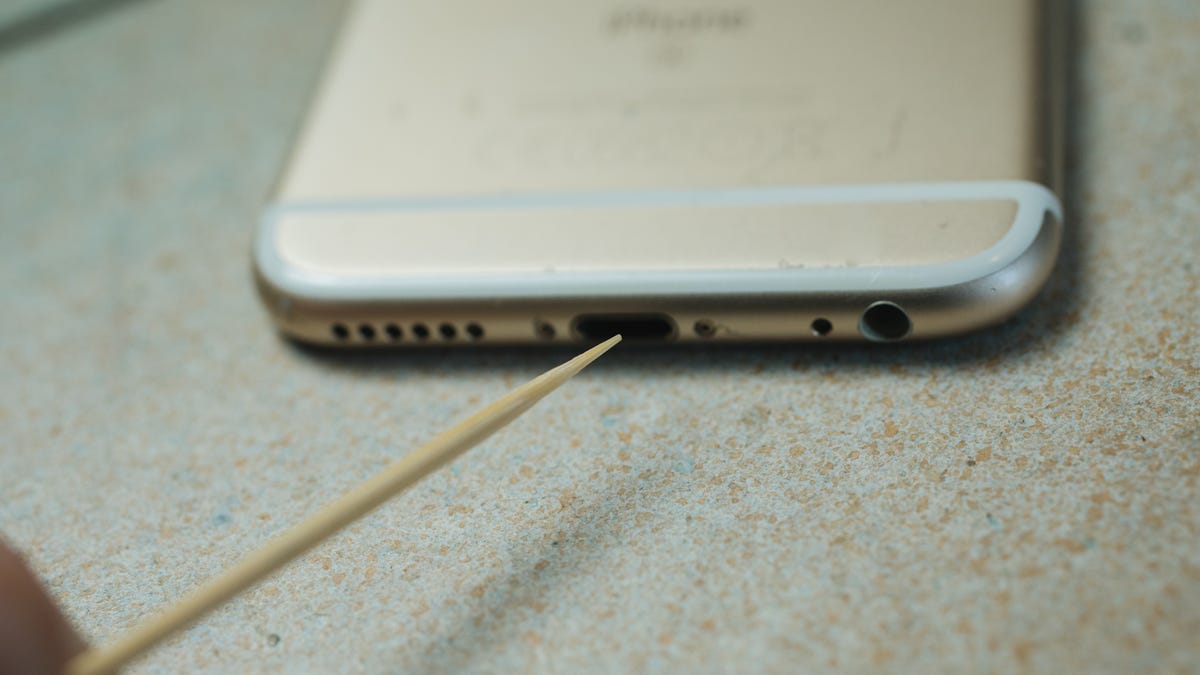 Why You Can Trust CNET
Why You Can Trust CNET
Our advice is expert-vetted and based on independent research, analysis and hands-on testing from our team of Certified Sleep Coaches. If you buy through our links, we may get a commission. Reviews ethics statement
Have you ever thought about just how much time you spend on your mattress? Every night you hit the sack, you're introducing a world of germs to your bed. And we're willing to bet you've never deep-cleaned it. If not, there's a reason why you should: your sleep could be affected by it.
Unless your mattress is really old -- if so, you should probably replace it -- chances are that a good cleaning could really help. The Sleep Foundation recommends you clean your mattress every six months, not counting any spot treatments from spills and other stains. Keeping it clean can help extend the lifespan of your mattress, which is good news for you, since mattresses can be pricey.
We'll tell you how to clean your mattress effectively to get the most out of it. For more, here are 12 tips to make your mattress last longer. Also, here's why mattress size matters.
How a dirty mattress can affect your sleep
If you've been sleeping on a dirty mattress, you may be noticing a congested or runny nose in the morning, along with watery eyes. This may be your allergies acting up, and it could be from an unclean bed.
Your allergies may be going rampant due to dust mites living in your mattress or from mold spores that can develop if you sweat often. To prevent allergy symptoms from worsening, clean your mattress ASAP and consider setting up an air purifier in your bedroom.
How to deep clean your mattress
Once you've removed the sheets and mattress cover, if you have one, you'll want to vacuum your mattress to remove dust, dead skin cells and any potential dust mites. Use your vacuum cleaner attachments to get into all the corners and seams of your mattress.
Next up, check for any stains on your mattress and spot treat them with a detergent and warm water mixture. Put about half a tablespoon of detergent (either dish soap or clothes detergent will work) inside a spray bottle with warm to hot water and shake to mix -- you can also use white vinegar and water. Then, spray the stains and let the mixture soak for about 10 minutes before using a cold, damp washcloth to blot the area -- a white washcloth is better, if you have one, to prevent color transfer. (An upholstery cleaner can also help do the job.) Repeat until the stain is gone.
After you've taken care of the stains, take some baking soda and sprinkle it all over your mattress. This will help deodorize any funky smells coming from your bed, whether it's from built-up sweat or body oils. This part will take the longest because you'll want to let it sit for 24 hours to get a deep clean. Yes, that means you'll probably need to sleep on the couch or in your guest room overnight.
Now that the baking soda has been sitting for roughly 24 hours, it's time to vacuum your mattress again. Your mattress should now be clean, and you can add some finishing touches if you'd like. Lightly spray it with Febreze or spritz a blend of essential oils and water over it -- just don't saturate the mattress.
Be sure to give your sheets and mattress cover a good wash, too.
How to maintain a clean mattress
Now that you've deep cleaned your mattress, you'll want to keep it protected until it's time to clean it again in six months. Start by investing in a good mattress cover or mattress pad and wash it regularly -- around once a month. Also, wash your sheets at least once every two weeks -- more if you sweat a lot in your sleep.
Also, save food and drinks for the kitchen and avoid eating or drinking while in bed. Yes, we know coffee tastes better when you're cozied up in bed, but if you spill it, you'll have to move your cozy time to the couch.
Need a new mattress? These are the best hybrid mattresses and the best pillow top mattresses. If you're a side sleeper, we like these mattresses best.
The information contained in this article is for educational and informational purposes only and is not intended as health or medical advice. Always consult a physician or other qualified health provider regarding any questions you may have about a medical condition or health objectives.







:quality(85):upscale()/2024/10/31/831/n/49351773/b7bf33836723d2f0643c55.51137847_.jpg)

 English (US) ·
English (US) ·